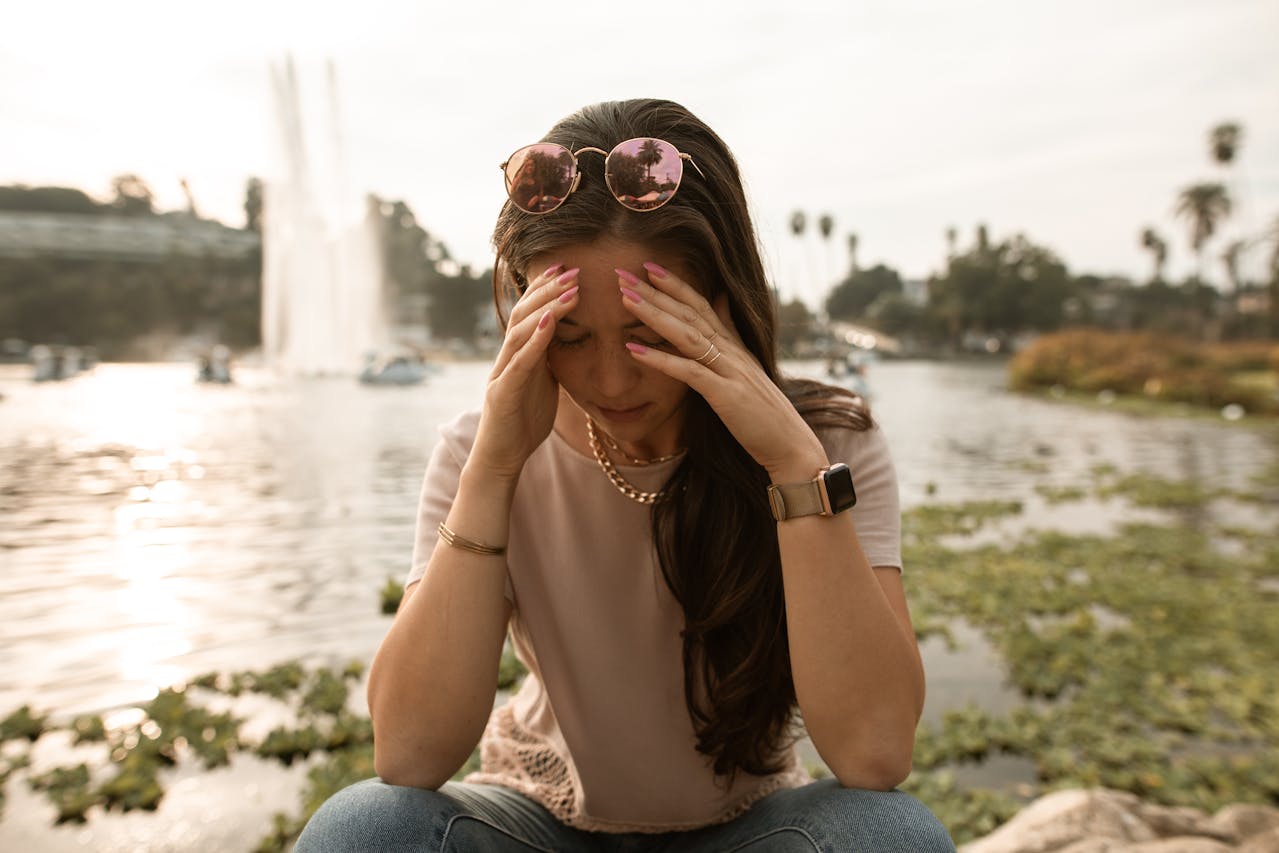The mind and body are intricately connected, so it’s no surprise that mental health issues and addiction often go hand in hand. Most people struggling with addiction also live with some form of mental illness. Anxiety and depression are two of the most common. Living with anxiety or depression is difficult enough on its own, but when combined with an addiction, the challenges are multiplied.
Many turn to drugs or alcohol initially as a way to self-medicate and escape their mental health issues. The substances may temporarily relieve symptoms but only worsen the underlying problems in the long run. This cycle of using to feel better, only to end up feeling worse, is hard to break without professional help. Treatment for co-occurring disorders, or “dual diagnosis treatment,” can be very effective. By addressing both the substance use disorder and the mental health issue at the same time, people have the best chance at recovery.
Common Co-Occurring Disorders With Addiction
Anxiety and Depression
 It’s not uncommon for people struggling with addiction to also experience anxiety, depression, or both. Nearly half of those with an addiction suffer from a mental health condition. The relationship between these disorders is complex. Sometimes, people may use drugs or alcohol to self-medicate symptoms of anxiety or depression. Other times, substance use can cause or worsen symptoms of these mental health conditions. Either way, treating co-occurring disorders simultaneously is important for the best outcomes.
It’s not uncommon for people struggling with addiction to also experience anxiety, depression, or both. Nearly half of those with an addiction suffer from a mental health condition. The relationship between these disorders is complex. Sometimes, people may use drugs or alcohol to self-medicate symptoms of anxiety or depression. Other times, substance use can cause or worsen symptoms of these mental health conditions. Either way, treating co-occurring disorders simultaneously is important for the best outcomes.
Post-Traumatic Stress Disorder (PTSD)
PTSD and addiction often go hand in hand. Traumatic experiences can drive people to use substances as a way to escape painful memories and emotions. At the same time, substance use may increase the risk of experiencing traumatic events. Seeking counseling and support groups are critical for overcoming addiction in the context of PTSD.
Bipolar Disorder
The highs and lows of bipolar disorder can make people especially vulnerable to developing an addiction. During manic phases, people may engage in risky substance use. During depressive phases, they may use drugs or alcohol to boost their mood temporarily. However, substance use often makes the symptoms of bipolar disorder even worse over time. Treatment for co-occurring bipolar disorder and addiction should focus on stabilizing moods while establishing sobriety. This typically involves a combination of medication and talk therapy.
Personality Disorders
Personality disorders are long-term patterns of unhealthy thoughts and behaviors that make it difficult to function well with others. Borderline personality disorder and antisocial personality disorder are particularly associated with higher addiction risks. Treatment may include medications for certain symptoms, but therapy is usually the foundation for helping people with personality disorders change negative behaviors and thought patterns.
Schizophrenia
Schizophrenia causes a loss of connection to reality through hallucinations, delusions, and disordered thinking. Substance abuse is frequently linked to schizophrenia, as people may use drugs or alcohol to relieve psychosis symptoms or medication side effects. Antipsychotic medications, psychosocial interventions, and substance abuse treatment are often combined to improve outcomes for people dealing with this serious mental illness.
Seeking Integrated Treatment for Mental Health and Addiction
To have the best chance at recovery, you need to address both your substance use disorder and any co-occurring mental health conditions through integrated treatment. Seek treatment centers and therapists specializing in “dual diagnosis” or “co-occurring disorders.” They are trained to treat addiction and mental illness at the same time rather than as separate issues. Integrated treatment may involve medication, counseling, lifestyle changes, and support groups to help you manage symptoms, change behaviors, and stay committed to your recovery.
So, what does all of this mean for you? The bottom line is that if you’re struggling with addiction, there’s a good bet you’re also dealing with another mental health issue like depression or anxiety. And you shouldn’t feel ashamed or weak — this is incredibly common. Book an anxiety or depression treatment consultation with us; we understand this connection and can provide integrated care.